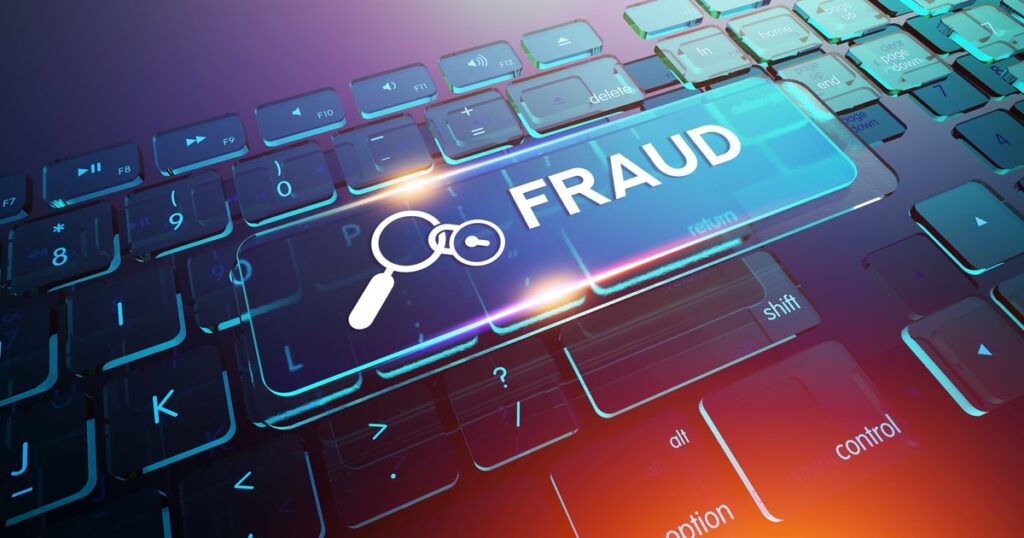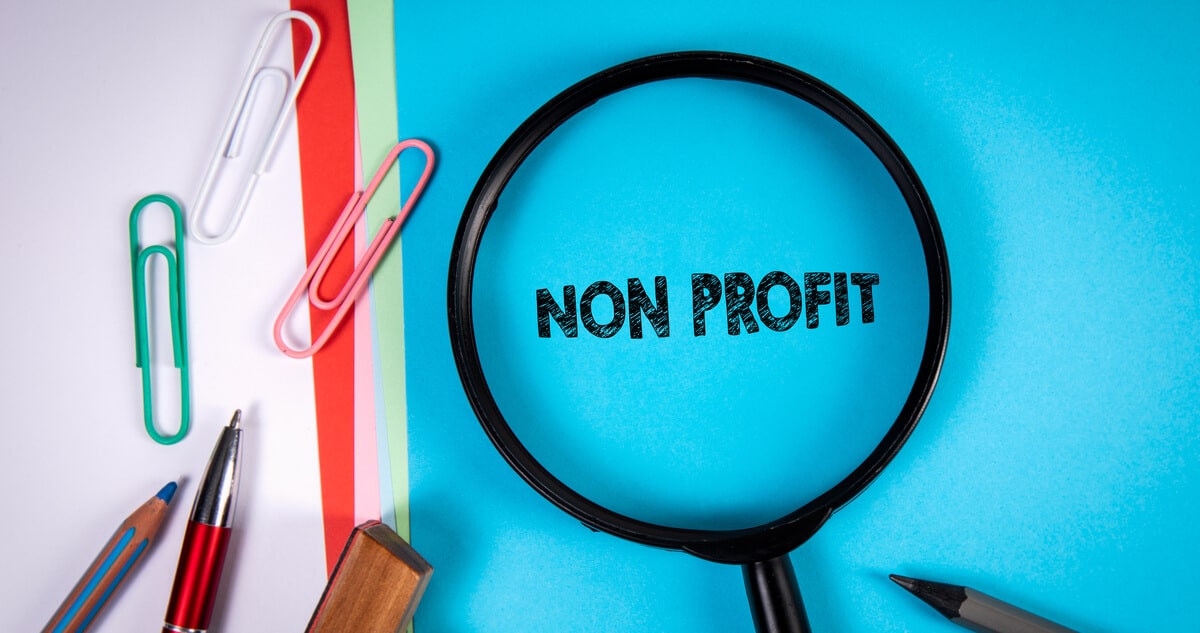TYSONS OFFICE
The Scary Truth of Trademark Scams — and How to Prevent Them

If it feels like scammers and charlatans are hiding in every digital corner of the internet, it’s because they often are. Within the past few years, deceptive practices have taken the form of trademark scams. And they’re targeting creators and organizations who enact due diligence to protect their intellectual property.
Registering your creative work is mandatory to defend your creative work against infringers. However, this vigilance is introducing new risk to trademark owners. That’s because when you file a trademark application with the United States Patent & Trademark Office (USPTO), your trademark and owner information becomes public record.
Bad actors have been using this public information to send deceptive documents (that appear official) to trademark owners, luring them into costly scams. Be aware that the USPTO does not send invoices. If you receive a registration invoice, it is likely part of an extensive network of patent and trademark bureau scams.
How Trademark Scams Weaponize Deadlines
Trademark scams often use information about a trademark’s mandatory filing deadlines to deceive owners into sending them money to maintain their trademark.
To keep your trademark registration alive, you must file mandatory maintenance filings five to six years after registration. You also must renew your registration before the tenth year of registration lapses.
Trademark scammers prey upon trademark owners who are unaware of such renewal requirements and are easily prompted to send money without investigation. You should, therefore, calendar your trademark deadlines and educate yourself on trademark maintenance and renewal requirements. This is one of the best defenses against a patent and trademark bureau scam that weaponizes deadline information.

Trademark Notices vs. Trademark Scams
Some unsolicited trademark notices are useful in notifying registrants of upcoming deadlines. However, the companies and individuals who send these notices are not lawyers. They often process filings without reviewing them to see if filings and trademark specimens meet legal requirements, which could put your intellectual property at risk.
Other notices are outright scams that request payment for fraudulent services. Below is a list of solicitations and cons you should avoid.
Trademark Scams Watch List
| Service | Company |
| Elective Trademark Monitoring Service | United States Trademark Maintenance Service |
| Trademark Renewals Service | Center for United States Trademark Renewals |
| Trademark Cancellation Notice | United States Trademark Renewal Service |
| Invoice for Trademark Publication | Trademark Internet Publication |
| Section 8 Declaration of Use/Pending Trademark Cancellation | United States Trademark Center |
If you receive a notice from any of these organizations (or ones not listed here), always ask yourself, “Is this trademark company legit?” Contact our intellectual property lawyers for guidance if you’re ever in doubt about a trademark notice.
Vigilance and education are the best forms of protection against trademark scams and copyright statutory damages. Explore our other blogs to hone your intellectual property skills. We cover topics such as AI copyright and how to distinguish and when to use the TM vs. R symbol.
This memo is provided for general information purposes only and is not a substitute for legal advice. The transmission of this memo does not create an attorney/client relationship. No recipients of this memo should act or refrain from acting on the basis of this memo without seeking professional legal counsel. Gammon & Grange, P.C. expressly disclaims all liability relating to actions taken or not taken based on the content of this memo.




